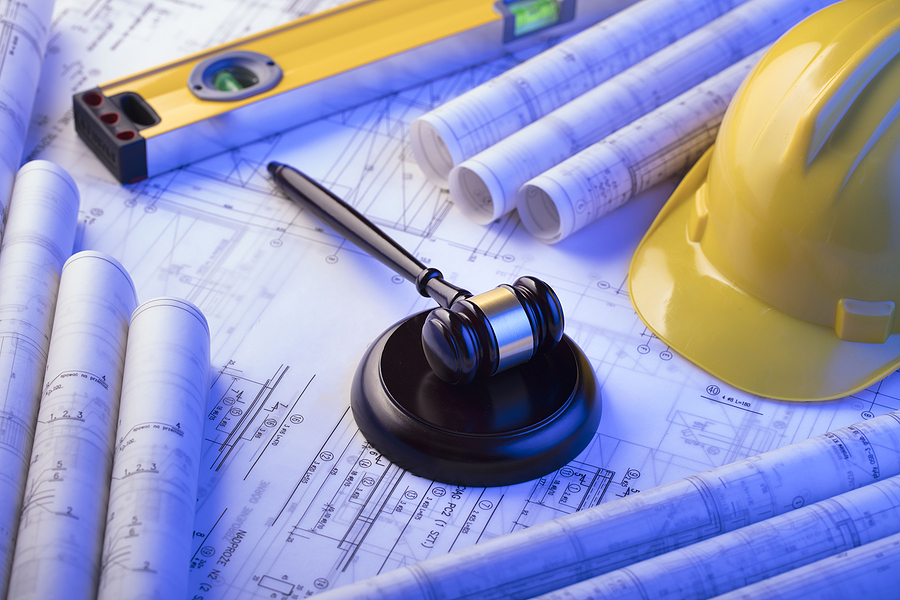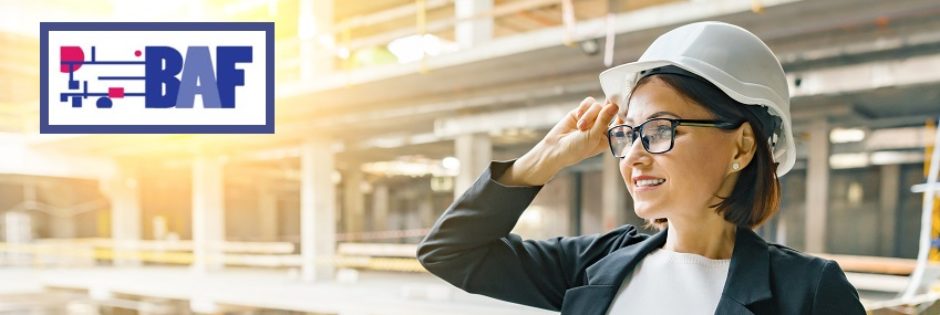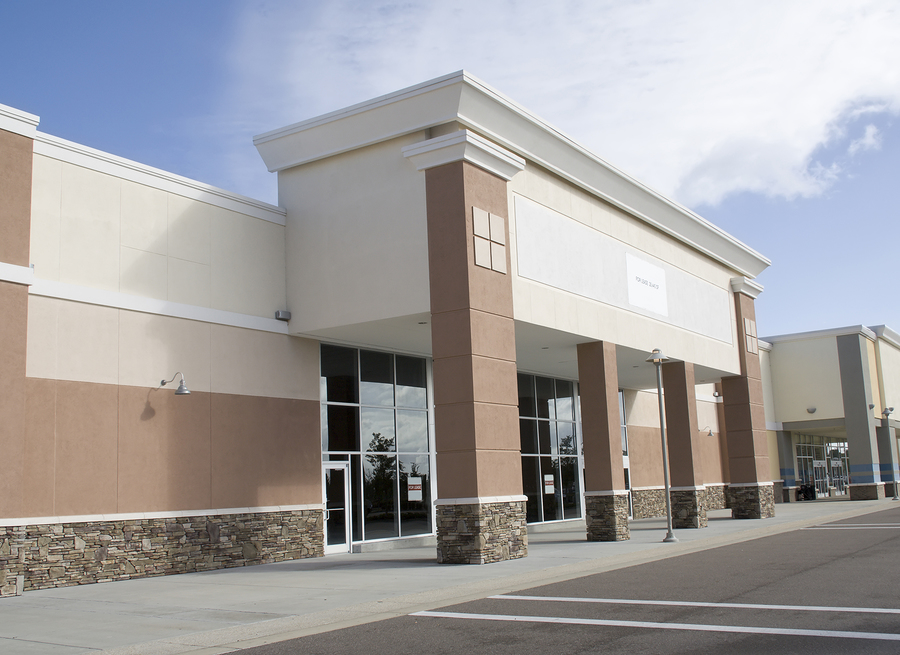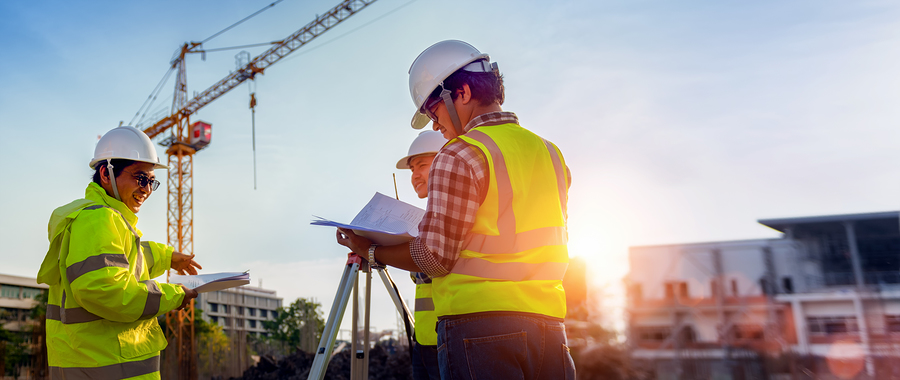Developing a commercial property in the vibrant state of Indiana is an exciting venture. Whether you’re an established Real Estate Developer or a burgeoning Business Owner looking to expand, the process of construction is a critical stage that demands your utmost attention. Understanding the commercial building codes of Indiana is not only a legal requirement but a foundational step in ensuring the safety and functionality of your future space.
This comprehensive guide is designed to demystify the intricate web of Indiana’s commercial building regulations, providing you with the knowledge to navigate this essential aspect of your commercial development project.

Understanding Indiana Commercial Building Codes
When embarking on a commercial construction or renovation project in Indiana, adherence to building codes is non-negotiable. These codes are designed to establish minimum standards for the construction and occupancy of buildings to safeguard public health, safety, and general welfare. Indiana enforces a set of technical codes that are updated regularly to reflect national standards and best practices. The regulatory scope covers a wide range of aspects in construction, including structural integrity, fire safety, energy efficiency, and accessibility.
The Indiana Department of Homeland Security (IDHS) is the state entity responsible for aspects of building safety, including fire and building safety regulations. Local jurisdictions, such as counties and cities, enforce these state regulations, often tailoring certain aspects to reflect the nuances of their communities. It’s imperative to be aware of your local building commission or authority having jurisdiction (AHJ), as they are the primary enforcers of commercial building codes at the local level.
Key Areas Covered by Indiana Commercial Building Codes
Structural Requirements
The structural design of a commercial building must comply with stringent criteria to ensure it can withstand the forces it will encounter during its lifespan. This includes calculations for building loads, wind resistance, and even seismic considerations in certain regions.
A licensed structural engineer plays a vital role in ensuring that your design and materials are up to code, and their approval is often required before project approval is granted. Local AHJs may also conduct inspections throughout the construction process to verify compliance.
Fire Safety Regulations
Fire prevention and safety in commercial buildings is a top priority. Indiana’s commercial building codes incorporate standards for fire-resistive materials, means of egress, fire suppression systems, and more. Requirements may vary depending on the building’s use and occupancy classification, with higher standards for public spaces and buildings housing vulnerable populations.
Developers and business owners must ensure their properties are equipped with the necessary fire safety measures, such as suitable alarm systems, fire exits, and extinguishing systems. Periodic inspections by the fire marshal are common, especially for high-occupancy structures.
Accessibility Standards
Commercial properties must be accessible to individuals with disabilities as per the Americans with Disabilities Act (ADA). Indiana’s building codes reflect the federal requirements for accessibility, specifying the design parameters for elements such as parking spaces, ramps, doorways, and restrooms.
Consideration for accessibility should be integrated into the design process from conception to completion. The involvement of an ADA consultant and regular check-ins with AHJ can help to ensure that your property meets the necessary accessibility standards.
Energy Efficiency Guidelines
Indiana has adopted energy codes that align with national standards such as the International Energy Conservation Code (IECC). These codes aim to reduce energy consumption in all types of buildings through the regulation of building envelope, mechanical systems, lighting, and water heating.
Meeting these guidelines often involves detailed energy modeling and can influence the size and specifications of systems within your commercial property. Energy code compliance may also offer benefits such as reduced operating costs and improved marketability.
Implications for Commercial Developers and Business Owners
Navigating Indiana’s commercial building codes presents numerous implications, both during the planning and construction phases as well as upon the property’s eventual occupancy.
Compliance Costs and Time frames
The cost and time involved in ensuring your property meets code can be significant. Early engagement with a construction contractor familiar with local codes is crucial to mitigate unexpected expenses and delays.
Impact on Project Design and Construction
Code compliance often necessitates design adjustments that can impact the aesthetics, functionality, and cost of your project. Engaging with design professionals early in the process is key to integrating compliance measures seamlessly.
Legal and Financial Consequences of Non-Compliance
Failing to adhere to commercial building codes can result in serious ramifications, including delayed project approval, fines, and even litigation. Thorough documentation and clear communication with your construction team are essential to avoid non-compliance pitfalls.
Best Practices and Resources for Building Code Compliance
The complexity of Indiana’s commercial building codes makes it essential to approach code compliance strategically. Here are some best practices and resources to assist you in this endeavor.
Hiring Professional Commercial Construction Contractors for Code Compliance
Experienced commercial construction contractors are well-versed in navigating the various requirements and nuances of Indiana’s building codes. Their knowledge and expertise can prove invaluable in ensuring that your project meets all applicable regulations.
Staying Updated with Code Revisions
Building codes are not static and are subject to regular updates. Subscribing to newsletters, attending workshops, and maintaining dialogue with local building authorities will help you stay informed about any changes that could affect your project.
Utilizing Technology for Code Adherence
Technological tools like Building Information Modeling (BIM) and construction management software can enhance code adherence by providing a digital platform for comprehensive planning, tracking, and documentation of compliance efforts.
Conclusion
Understanding and adhering to Indiana’s commercial building codes is a guaranteed way to set your project on the path to success. The safety and accessibility of your building, along with its energy efficiency, are not just legal requirements but important considerations for the longevity and reputation of your property. Don’t wait until you’re neck-deep in the construction process to address code issues. Acting with foresight can save you both time and money. Start building a compliant and successful future today. By taking a proactive approach to code compliance, you not only fulfill regulatory obligations but also ensure the satisfaction of tenants and the community at large.
Your next step in mastering the commercial building codes of Indiana is to reach out to professionals in the industry who can offer guidance specific to your project. Contact BAF Corporation at 317-253-0531 for reputable commercial construction and remodeling in Indianapolis and its surrounding counties.
Related Posts:
Naturally Replenishing Energy Sources for Commercial Facilities
Ascertaining the Need for ADA Compliance Upgrades in a Commercial Remodel
3 OSHA Guidelines For Illnesses and Injury Prevention in Medical Facilities



